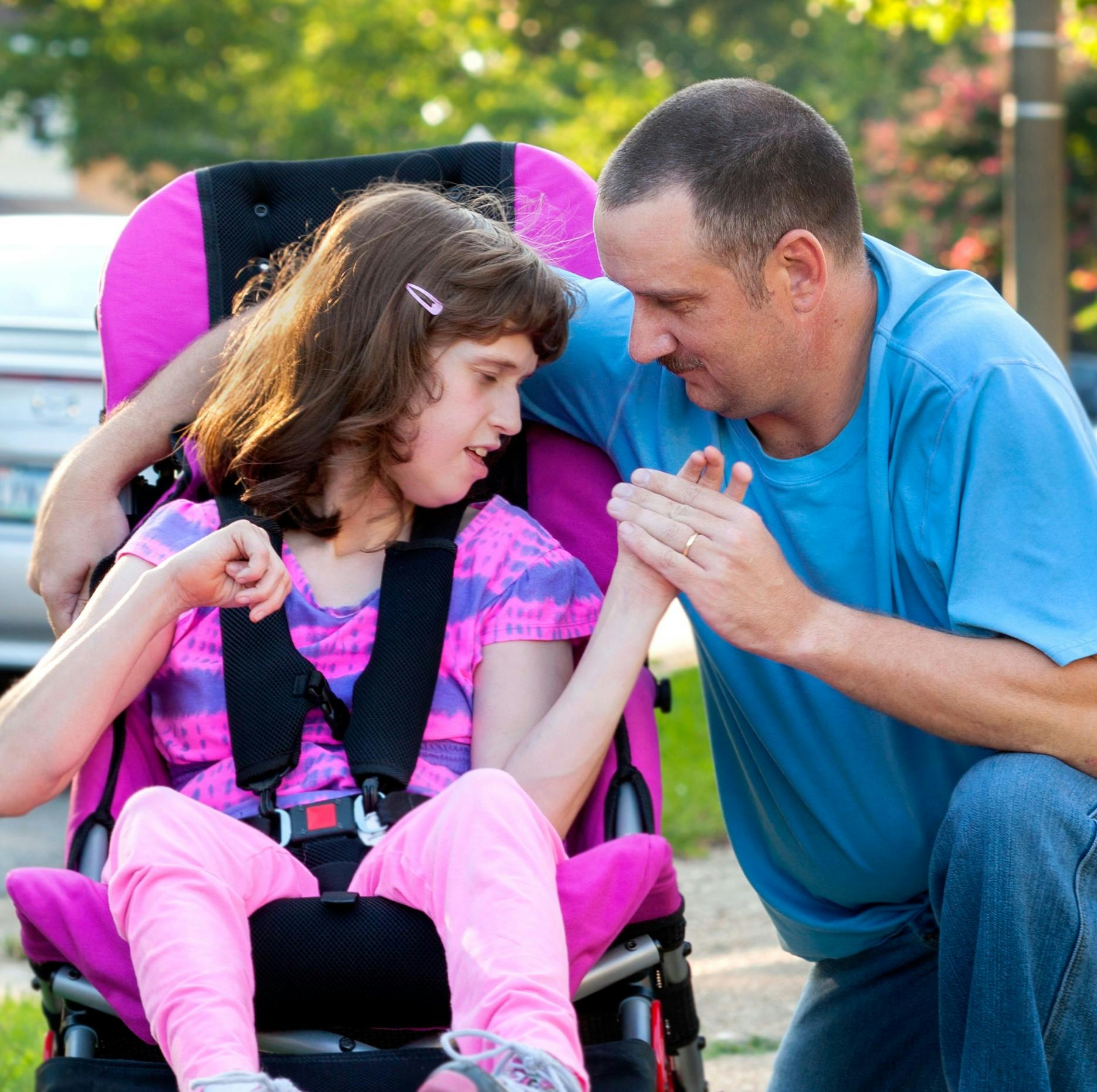NDIS Restrictive Practices Authorisation Scheme - Stage 1
Consultation has concluded
Have your say on the regulations and guidelines for the use of restrictive practices by NDIS providers for NDIS participants.
What's being decided?
The Disability Inclusion (Restrictive Practices – NDIS) Amendment Bill 2021 was passed on 11 May 2021. The bill creates a legislative framework for the use of restrictive practices by NDIS providers for NDIS participants. It establishes the new roles of the Senior Authorising Officer and the Authorised Program Officers, who have responsibility for reviewing and approving the use of restrictive practices.
The regulations and the guidelines will provide more detail about the authorisation scheme, including:
- the skills and qualifications of the new roles
- level 1 and level 2 restrictive practices
- prohibited practices
- the processes of applying, implementing, reviewing and reporting restrictive practices.
Your feedback will help us ensure that the regulations and guidelines are clear, simple and effective for NDIS participants and NDIS service providers.
Background
Restrictive practices are any intervention that restricts the rights or freedom of movement of a person with disabilities who displays behaviours of concern. The goal of the intervention is to protect that person or others from harm.
The bill consultation process demonstrated that there was strong community support to provide safeguards for people with disabilities, and to ensure that restrictive practices were only used as a last resort.
Read the Background paper - Regulations for more information.
Get involved
Read the final Consultation report on the bill and the Regulations discussion paper.
Have your say by:
- taking our survey - complete online or use the 'YourSAy Regulations Survey' under Documents in sidebar
- sharing a comment on our guestbook
- ask a question
- register for a consultation webinar (see Key Dates)
- email a submission to: DHSRestrictivePracticesUnit@sa.gov.au
What are the next steps?
Your feedback helps us to consider all the different perspectives and helps us to find the right balance to create a restrictive practices authorisation system that:
- protects people with disabilities
- is fair and accountable
- is simple for people to understand and use
- will reduce the use of restrictive practices.
The consultation will occur in 3 stages:
- Consultation on the regulations – June 2021
- Consultation on the guidelines – August and September 2021
- Consultation and feedback on the transition process – from November 2021.
The consultation reports will be available on this page at the end of each consultation stage. The legislation, regulation and guidelines will commence in 2022.
If you have a question about the NDIS Restrictive Practices Authorisation Scheme regulations, please provide here and we will respond as soon as possible.





